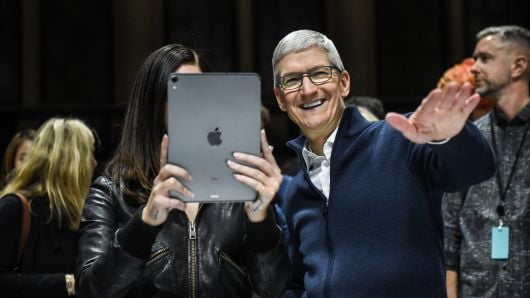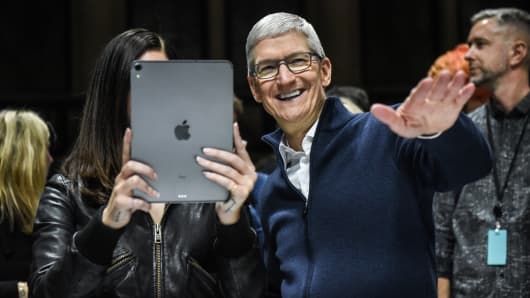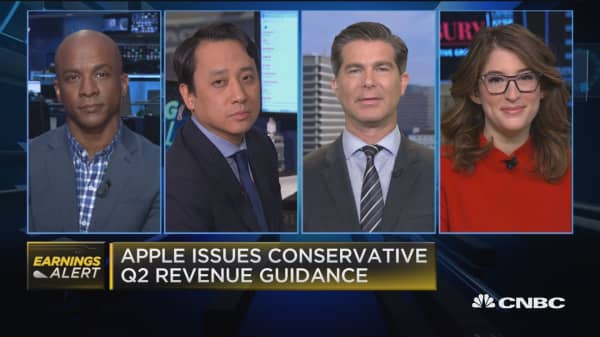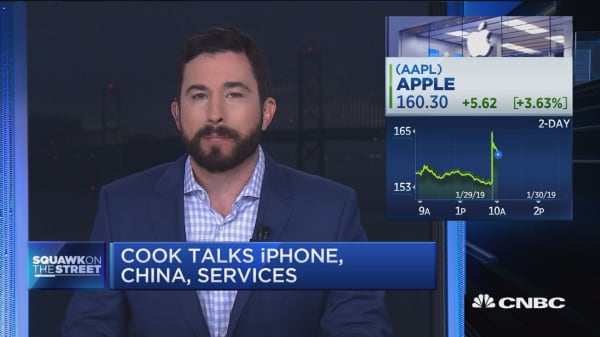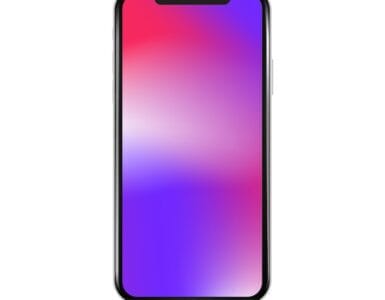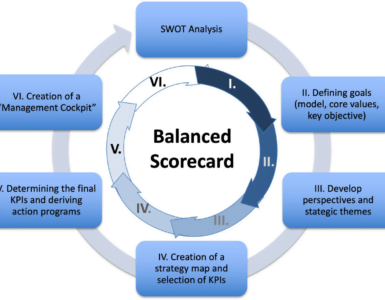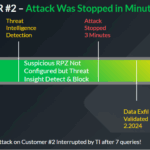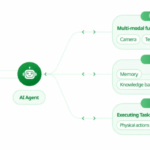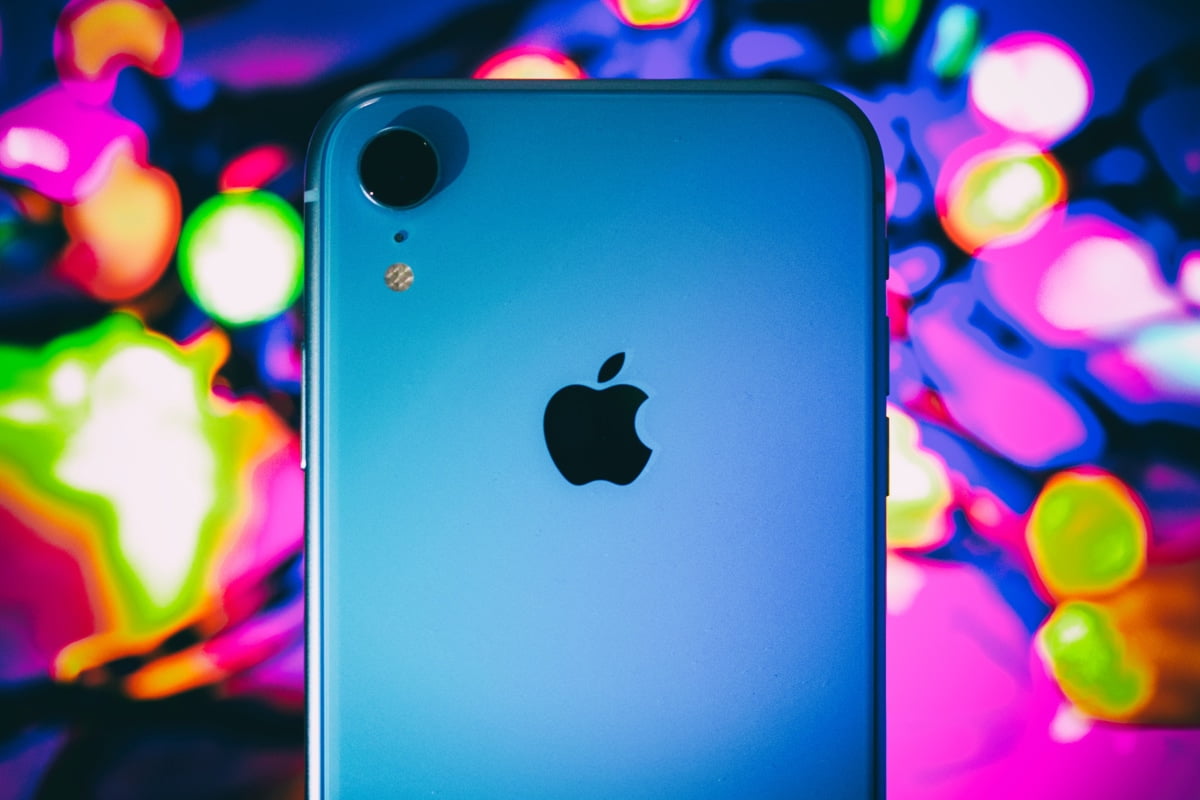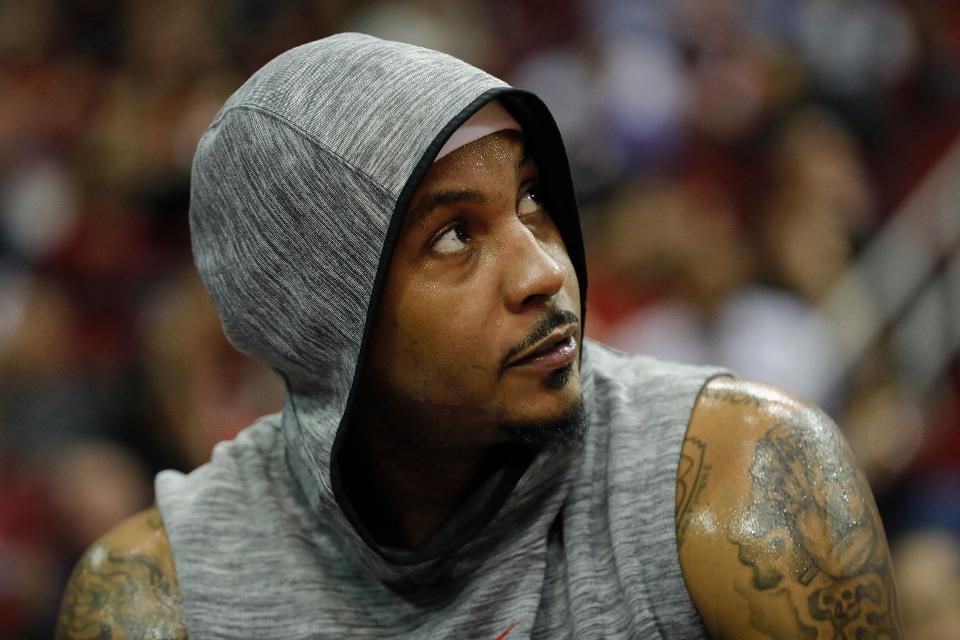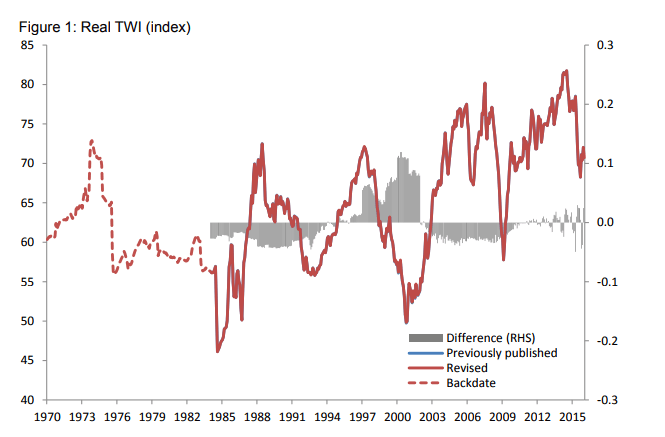Apple doesn’t have the greatest track record when it comes to disrupting TV, so it was interesting to hear CEO Tim Cook weigh in Tuesday during the company’s first quarter earnings conference call with his thoughts on changing viewing habits.
“We see huge changes in customer behavior taking place now, and we think that it will accelerate as the year goes by, to sort of the breakdown of the cable bundle that’s been talked about for years,” Cook said. “And I think that that it’ll likely take place at a much faster pace this year.”
Much faster? Really? It’s clear that big changes are afoot. But the idea that 2019 will be an inflection point year may be misguided.
Telecommunications research firm MoffettNathanson predicts the number of households that subscribe to a traditional multichannel service (cable or satellite) will fall from about 91 million to about 87.5 million in 2018. That’s a loss of about 3.8 percent. By the end of 2019, the firm estimates that number will be about 84.3 million — a decline of 3.6 percent. In other words, pretty much the same.
S&P Global Market Intelligence’s Kagan, which also projects video subscribers for the industry, reaches a similar conclusion. Kagan estimates a loss of 3.4 million video subscribers for the industry in 2019, a slightly lower loss than the 3.5 million video customers who likely fled in 2018.
No doubt, the bottom is falling out from under the satellite-TV business. AT&T reported whopping DirecTV losses Wednesday morning, with 403,000 subscribers canceling traditional satellite service and another 267,000 customers bailing on DirecTV Now, the company’s streaming service that mimics the pay-TV bundle. (A quick reminder that in 2015, AT&T paid $50 billion for DirecTV — an asset that’s now bleeding customers in every way imaginable. That acquisition keeps looking worse.)
Dish’s numbers won’t be pretty either. More than 360,000 satellite-TV subscribers fled in the third quarter, and its bundled-streaming service Sling TV added just 26,000. Given DirecTV’s numbers, it would be a shock if Dish didn’t post another huge loss in the fourth quarter.
But customers aren’t fleeing cable TV at the same rate. Just look at Comcast and Charter — the two largest U.S. cable providers. In the third quarter, Charter posted a loss of 66,000 customers — that’s less than the 104,000 it lost in the third quarter of 2017. Comcast lost 29,000 residential video subscribers in the fourth quarter, again less than the 33,000 it lost in the fourth quarter of 2018.
Overall video losses are up for both companies in 2018 compared to 2017 — no surprise. No one’s arguing the bundle is eroding. Obviously Netflix, Amazon, YouTube and other streaming services keep taking share. But is there anything special about 2019 that will make losses fall off a cliff like Cook is suggesting?
Major new streaming options probably won’t fully take root until 2020. As we first reported in October, Apple is preparing to give away original content for free to device users as part of a service that will be launched later this year. AT&T’s Warner Media announced its streaming services are coming later this year. Disney is set to debut its streaming service, Disney+, in late 2019. NBC Universal is working on a streaming service that will hit in the first quarter of 2020.
The price of bundled OTT services that directly compete with cable’s bundles is going up, making them less appealing alternatives to a triple-play bundle from Comcast and Charter where the cost of video is subsidized by buying broadband Internet. Hulu just raised the price of its live TV service by $5 a month. DirecTV Now’s subscriber losses were a result of AT&T ending promotional pricing. And cable companies continue to tinker with more personalized packages and better mobile applications to keep subscribers in house.
Another potential catalyst for a true acceleration in cable bundle defections would be if 5G mobile broadband can suffice as an alternative to cable broadband. But most experts, including Craig Moffett at MoffettNathanson, don’t expect 5G to much of a competitor to cable Internet in 2019 (or even years beyond that).
Even BTIG analyst Rich Greenfield, who has beat the drum on the collapse of the cable bundle for years, acknowledges that 2019 may be a year too soon too see a major effect.
“The bigger crack may end up being 2020,” Greenfield said in an interview. “But you know this stuff is coming.”
Apple has been talking about disrupting the cable bundle for years, culminating in Steve Jobs telling biographer Walter Isaacson that he’d finally “cracked” the industry in 2011.
Obviously that didn’t happen. Apple has toiled around the edges of video for years since then. This year, maybe Apple does have a service up its sleeve that will truly lead to mass defections — but my money is on slightly accelerated declines in 2019 instead of the deluge Cook is predicting.
[“source-cnbc”]

